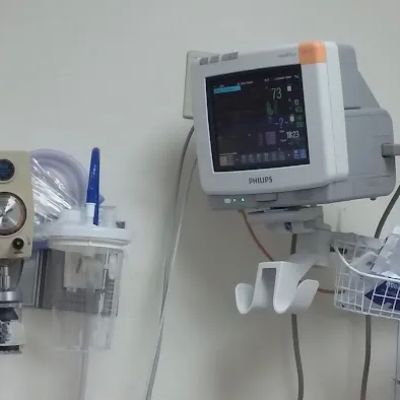- 1-Understanding-Heart-Disease-and-Its-Impact
- 2-The-Role-of-Machine-Learning-in-Healthcare
- 3-Machine-Learning-Models-Used-for-Heart-Disease-Prediction
- 4-Advantages-of-Using-AI-for-Heart-Disease-Diagnosis
- 5-Real-World-Applications-and-Case-Studies
- 6-Challenges-and-Future-Directions-in-Machine-Learning-for-Heart-Health
- 7-Resources-and-Support-at-HeartCare-Hub
Understanding Heart Disease and Its Impact
Heart disease remains the leading cause of death globally, affecting millions each year. It encompasses various conditions such as coronary artery disease, arrhythmias, and heart failure, often resulting from lifestyle, genetics, or other health factors.
Early detection and intervention are critical to improving outcomes and reducing mortality rates.
The Role of Machine Learning in Healthcare
Machine learning, a subset of artificial intelligence, enables computers to analyze vast datasets, identify patterns, and make predictions without explicit programming. In healthcare, it offers new possibilities for diagnosing diseases, personalizing treatment, and monitoring patient progress.
By harnessing data from electronic health records, imaging, and genetic profiles, machine learning enhances clinical decision-making.
Machine Learning Models Used for Heart Disease Prediction
Several machine learning algorithms have proven effective in predicting heart disease risk, including decision trees, support vector machines, random forests, and neural networks. These models analyze factors such as blood pressure, cholesterol levels, ECG results, and lifestyle data to estimate a patient’s risk.
Combining multiple models can improve accuracy, leading to better screening and earlier treatment.
Advantages of Using AI for Heart Disease Diagnosis
AI-driven machine learning models provide faster, more accurate, and scalable diagnostic support. They reduce human error, identify subtle risk factors, and allow continuous monitoring through wearable devices.
This technology empowers healthcare providers to tailor interventions, improving patient outcomes and reducing healthcare costs.
Real-World Applications and Case Studies
One notable case involved a healthcare system implementing machine learning to screen thousands of patients. The system successfully flagged high-risk individuals earlier than traditional methods, enabling timely treatment and preventing adverse events.
Such success stories highlight the transformative potential of integrating machine learning into cardiovascular care.
Challenges and Future Directions in Machine Learning for Heart Health
Despite promising results, challenges remain, including data privacy concerns, model interpretability, and the need for diverse, high-quality datasets.
Future research focuses on improving transparency, integrating AI with clinical workflows, and expanding applications to personalized medicine.
Resources and Support at HeartCare Hub
HeartCare Hub offers comprehensive resources, expert advice, and cutting-edge products for those interested in the intersection of heart disease and machine learning models.
Whether you're a healthcare professional or a patient, their support services help navigate the evolving landscape of cardiovascular health management with confidence.




















